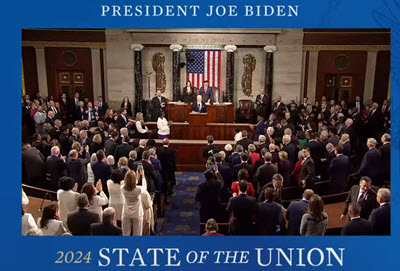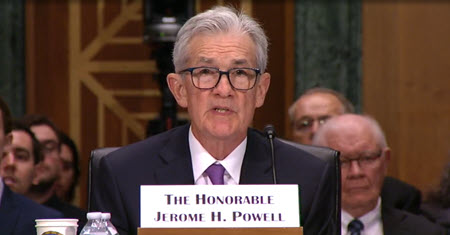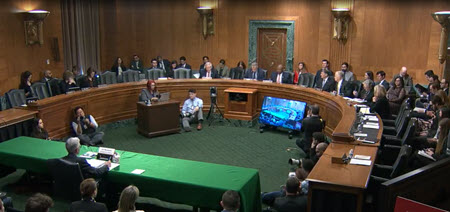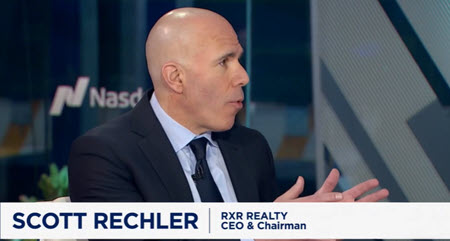
President Joe Biden’s State of the Union address last night included proposals to levy a 25 percent minimum tax on wealthy individuals, increase the corporate tax rate from 21 to 28 percent, and raise the alternative minimum tax on large corporations from 15 to 21 percent. He also called on Congress to pass legislation to support the construction or rehabilitation of more than 2 million homes and rolled out new tax incentives for homebuyers. (Biden’s Remarks | White House Fact Sheets on Taxes and Housing, March 7)
Proposed Tax Increases
Housing Plan

Funding Watch
The next government funding deadline is March 22, which requires a new spending package to fund the Pentagon, Health and Human Services, Labor, and other agencies. Policymakers agreed on this two-tiered stopgap funding plan (March 8 and 22) to buy time to negotiate a full-year appropriations bill. (Roundtable Weekly, March 1)
# # #

Federal Reserve Chair Jerome Powell testified before congressional committees this week about the risks posed by commercial real estate loans to regional banks—and that he expects “broad and material changes” to a regulatory proposal to hike bank capital requirements known as “Basel III.” (The Hill, March 7 and Reuters, March 6)
CRE Concerns & Banking
Basel III Changes

Industry Views

Today, RER’s Immediate Past Chair Debra Cafaro (Chairman and Chief Executive Officer, Ventas, Inc.) discussed the CRE market with a focus on the senior housing sector on Bloomberg Markets. “For the commercial real estate sector writ large, those tightening financial conditions are having an impact, particularly in sectors like office, where you have the demand fall off. There will be an impact on the smaller lenders. It is something the system will have to absorb over time with $1 trillion of real estate loans coming due in 2024. It is having an effect. The best elixir for that might be lower rates,” Cafaro said.
# # #

On March 6, the U.S. Securities and Exchange Commission (SEC) released long-awaited final “Climate Disclosure Rules” that establish federal regulations for registered companies to disclose climate-related financial risks and opportunities. The Real Estate Roundtable has prepared a fact sheet summarizing “What CRE Should Know” about the new SEC rules.
Overview of the SEC Rules
Impacts on CRE

The Roundtable’s Sustainability Policy Advisory Committee (SPAC) will continue to assess the implications of the SEC’s rules and convene our members to develop industry standards and practices for compliance.
# # #

Beneficial ownership regulations that took effect Jan. 1 under the Corporate Transparency Act (CTA) were ruled unconstitutional on March 1 by a federal District Court judge, who sided with claims by the National Small Business Association against the U.S. Treasury Department. The Roundtable has strongly supported NSBA’s legal challenge. (NSBA v. Janet Yellen ruling and NSBA’s website on the CTA | Industry coalition support of NSBA law suit, Dec. 7, 2022)
Impact of Ruling
CTA’s Onerous Requirements

Roundtable Opposition
The Roundtable’s Real Estate Capital Advisory Committee (RECPAC) will continue to monitor developments related to beneficial ownership requirements and legal outcomes.
# # #